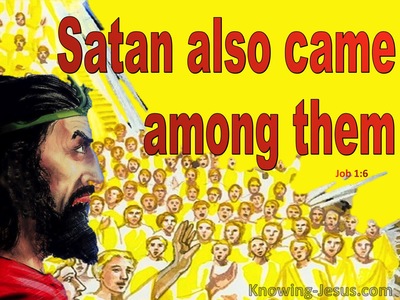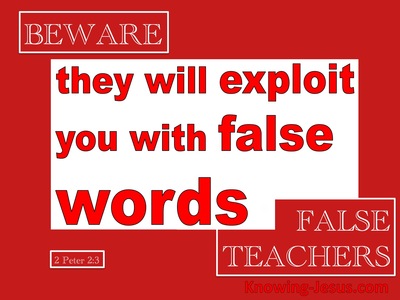◄ What Does Ecclesiastes 1:2 Mean? ►
"Vanity of vanities," says the Preacher, "Vanity of vanities! All is vanity."
Ecclesiastes 1:2(NASB)
Verse of the Day
From start to finish, the book of Ecclesiastes declares the utter futility and complete meaninglessness of life without God. Whether it is referring to work or pleasure, wisdom or wealth, power or prestige, entertainment or virility, life or death, ALL is considered futile and worthless when God is excluded from the equation.
It is Solomon who is credited with the authorship of Ecclesiastes. He was chosen by God to succeed his father, king David, as Israel's anointed king, and when faced with the great responsibility of leading the nation, he humbly confessed that he was unable to do so without help from the Lord.
Despite his humble confession to God and his magnificent prayer at the dedication of the Temple, Solomon set out to discover the meaning of life using his own reasoning power and without the leading and guidance of God. The conclusion he was forced to reach was: "Vanity of vanities! All is vanity."
At the end of his life, Solomon discovered that his long search for fulfilment through his many accomplishments, was nothing more than chasing after the wind. Despite his great wisdom, power, fame, and fortune, his search for the meaning in life proved ultimately profitless because he set out to explore life and its significance in his own human strength.
The entire book of Ecclesiastes amounts to Solomon's discovery that when God is excluded from one's existence, the benefits of wisdom and learning are futile. Great achievements, vast possessions, skilful work, linguistic expertise, and various accomplishments prove ultimately profitless and futile when that is ALL that life has to offer.
Solomon recognised that death is the ultimate equaliser of both the king in his palace and the beggar at his gate. He realised that competition between one person and another is profitless and that life is very transitory, like the grass of the field which is here today but tomorrow is cast into the fire. "Vanity of vanities," says the Preacher, "Vanity of vanities! All is vanity."
In Romans, Paul reminds us that the whole of the creation was made subject to vanity because of sin and its consequences. The whole premise of the Preacher is true, for there is NOTHING that can be pursued or gained on earth that can provide everlasting fulfilment for a man's soul.
The Preacher in Ecclesiastes states his conclusion that "all is vanity," at the very beginning of his dialogue and again at the end.
Were it not for a little verse tucked away in the middle of Ecclesiastes, his whole treaties could become very depressing for anyone who reads it, because without God, everything is vain and futile for this is the condition of everyman.
HOWEVER, there is one verse that identifies the meaning and purpose of life: "When all has been heard, the conclusion of the matter under consideration is: fear God and keep His commands, for this is the whole duty of all mankind."
My Prayer
Heavenly Father, thank You for this honest assessment of living life in this fallen world, without Christ. Keep me from chasing after any of the vain things that this world offers, knowing that there is nothing on earth that has lasting value except to know You. May I place You in the centre of my life, knowing that the whole duty and delight of man is to worship and praise You for Your goodness and grace to all men. In Jesus' name, AMEN.
Choose a Verse from Ecclesiastes 1
Ecclesiastes 1:2 Further Study
- Ecclesiastes 1:2 in the Parallel Bible
- Ecclesiastes 1:2 in the Thematic Bible
- Ecclesiastes 1:2 Cross References
- Ecclesiastes 1:2 Treasury of Scripture Knowing
- Ecclesiastes 1:2 Sermons
- Ecclesiastes 1:2 Prayers
- Ecclesiastes 1:2 Images
- Ecclesiastes 1:2 Devotionals
- Choose Chapter
Never miss a post















